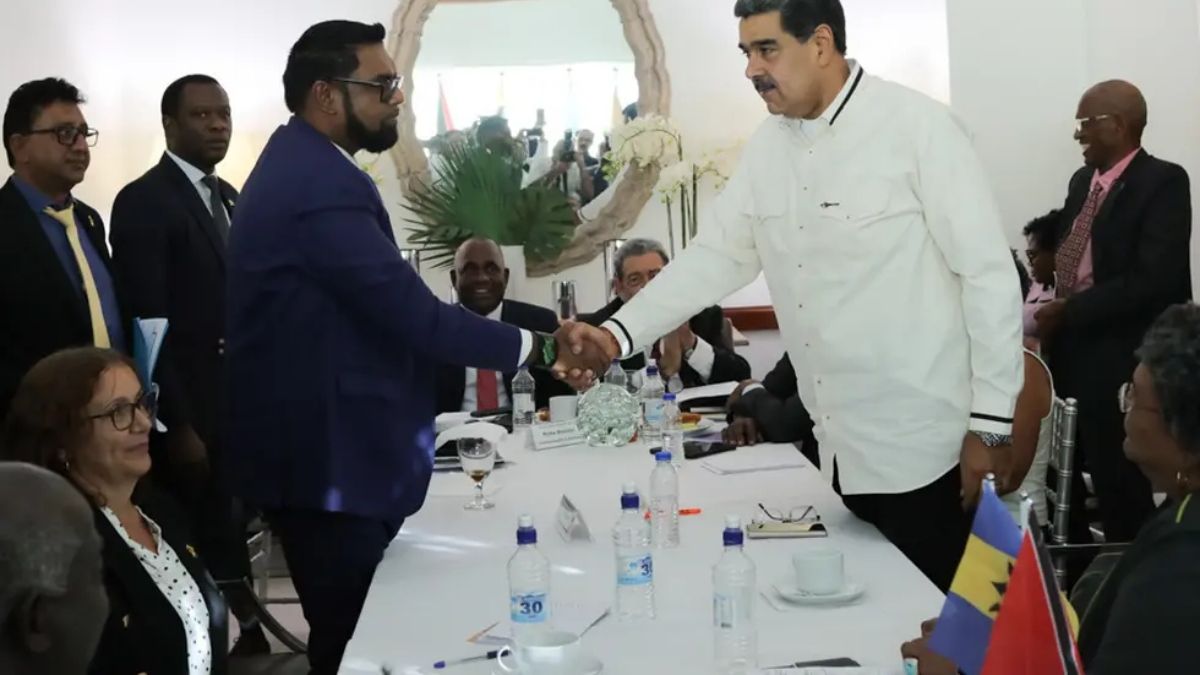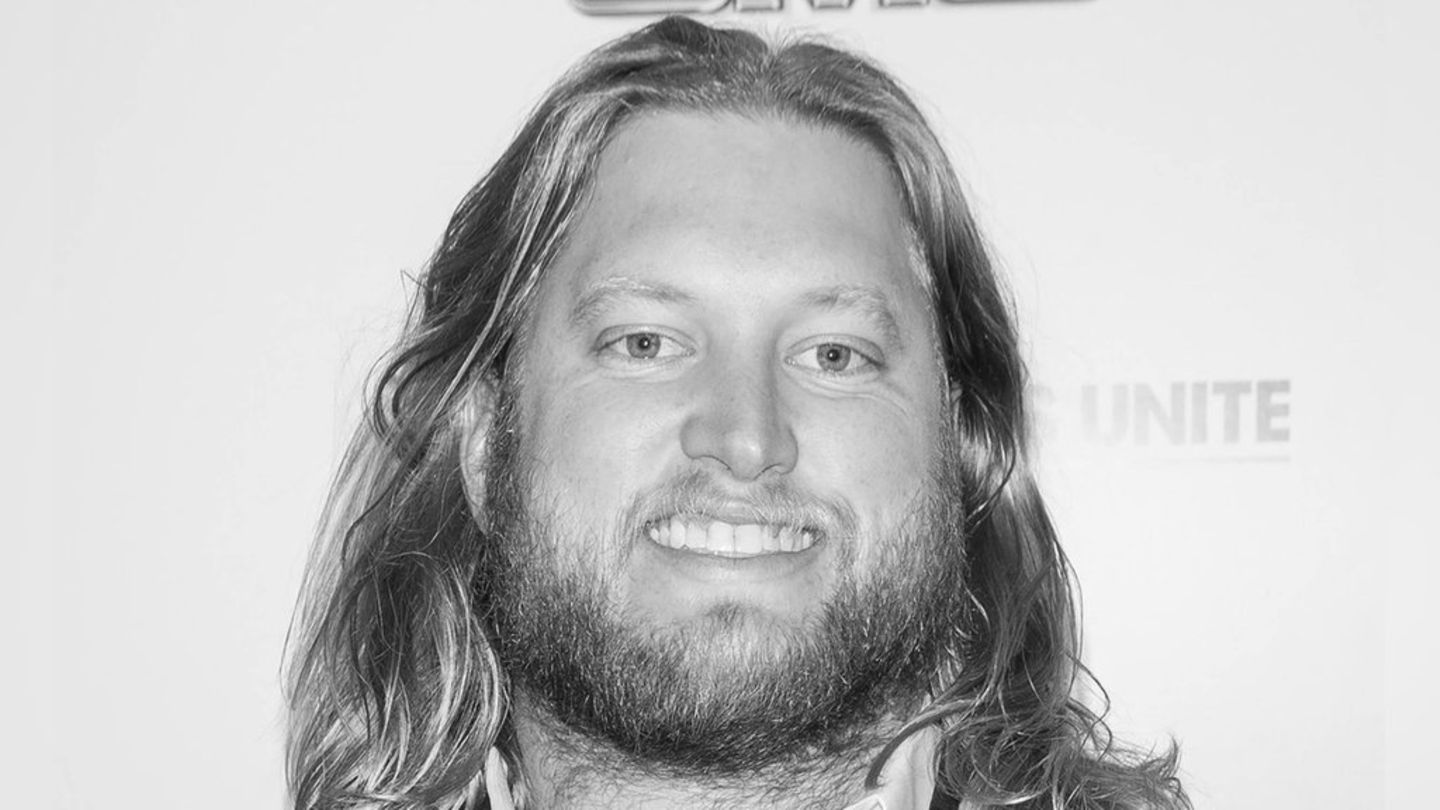Once the meeting ended, Ali reiterated that his government has every right to facilitate any investment, any society, the expedition of any license and the granting of any concession in the space sovereign”.
Earlier, Maduro had also expressed himself on the matter in dialogue with the press: “I come to search for the only way there is, the way of dialogue and negotiationeffective solutions”.
The diplomatic meeting was headed by Ralph GonsalvesPrime Minister of Saint Vincent and the Grenadines, host of the summit that was promoted by the Community of Latin American and Caribbean States (CELAC) and the Caribbean Community (CARICOM), with support from Brazil.
This meeting takes place in a context of growing concern in South America over tension between both countries due to statements by their leaders regarding Essequibo, an area of 160,000 square kilometers very rich in human resources, especially in Petroleum. He Venezuela’s claim for this territoryadministered by Guyana, is historic, although Maduro returned to the topic in recent weeks.
Tension grows over the Essequibo dispute: Maduro seeks to install a Venezuelan province in the territory
On December 3, the President held a referendum where it was approved to create a province of Venezuela in the region and give its nationality to its inhabitants. “I come with a mandate of the people of Venezuela, with a word of dialogue, with a word of peace, but at defend our rights“said the president.
The dispute has two completely opposite positions: for his part, Maduro points out that the referendum is “a great achievement” to “directly address the territorial dispute“However, Ali points out that the conflict is not on the agenda and noted that the matter should be resolved in the International Court of Justice (ICJ), whose jurisdiction is unknown by the Venezuelan government.
“I think that nothing substantive is going to come out in terms of the territorial claimsince the position of Guyana the thing is there are no bilateral talks on the issuebecause that is in the international Court of Justice“Sadio Garavini di Turno, former Venezuelan ambassador to Guyana, told AFP.
“Intermediaries are probably going to have to look for something so that Maduro does not leave“of the meeting “without anything”, considers Garavini di Turno, who sees “feasible” a declaration “in which it is said that They are going to de-escalate, they are going to continue talking to lower tensions“.
Guyana took the case to the UN Security Council and announced contacts with military “partners” such as the United Stateswho carried out military exercises in Essequibo.
For its part, Brazil, which also borders the disputed territory, urged finding a peaceful and announced that it would reinforce its borders.
Source: Ambito




